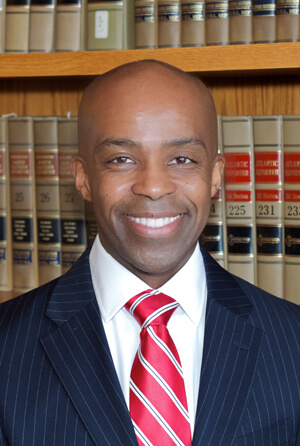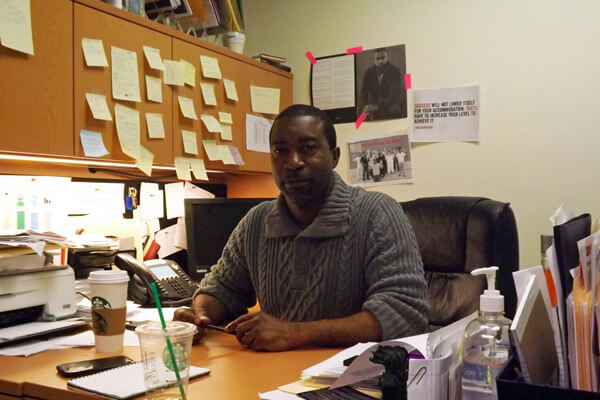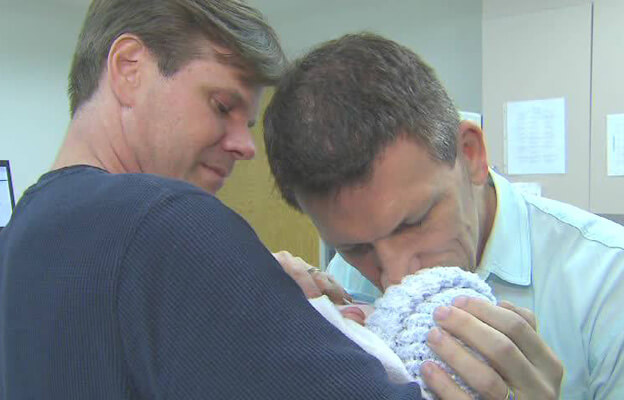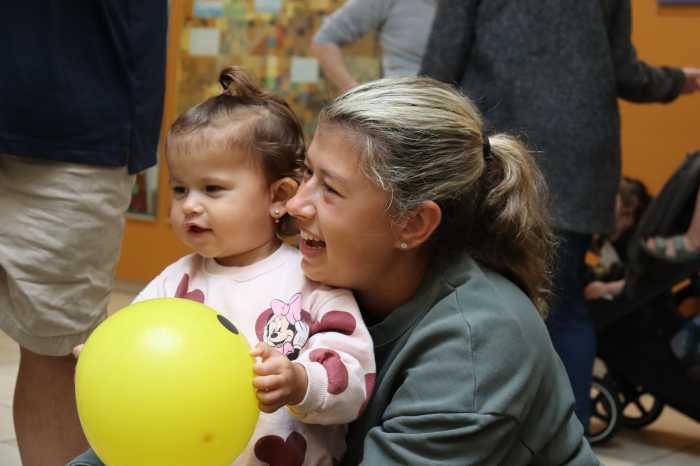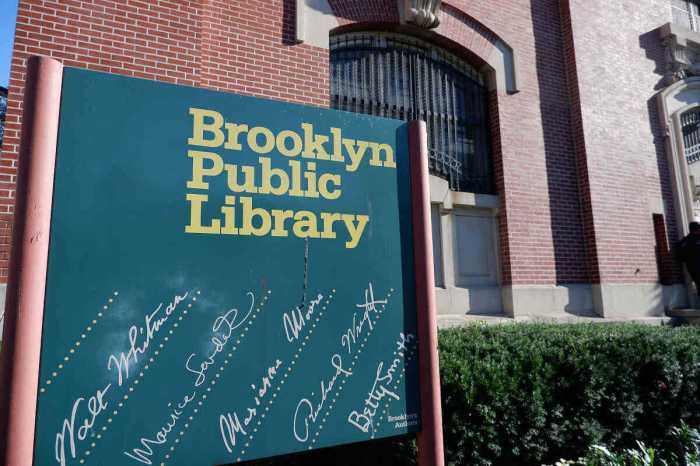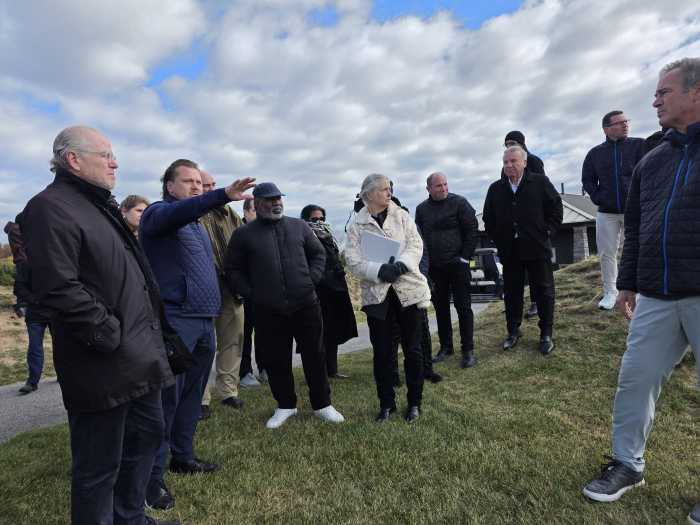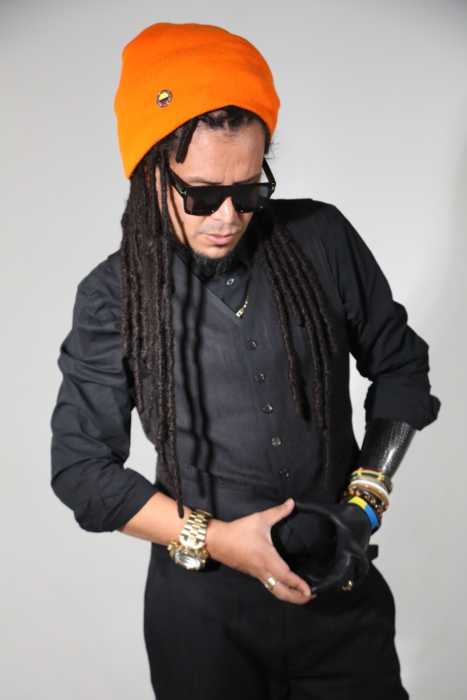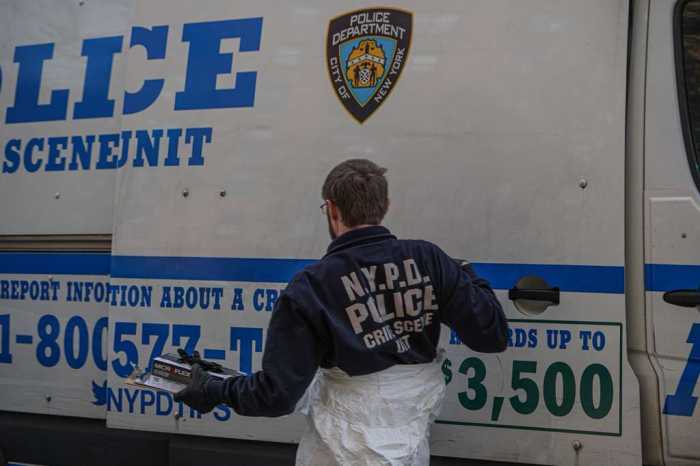Lateisha Green was 22 at the time of her slaying.
The New York Court of Appeals, the state’s highest bench, ruled unanimously on November 24 that the Appellate Division had correctly reversed the hate crime manslaughter conviction of Dwight R. DeLee in the 2008 killing of Lateisha Green, a transgender woman, in Syracuse. Unlike the intermediate appeals court, however, the high court gave prosecutors the opportunity to resubmit hate crime manslaughter charges against DeLee to a grand jury.
Judge Susan P. Read’s decision for the court reveals nothing about the nature of the charged offense and makes no reference to the fact that Green was transgender or that Lee was charged with murdering her because of her gender identity. Instead, the coldly analytical opinion focuses solely on an inconsistency in the jury’s verdict and the trial judge’s failure to correct the situation by explaining that inconsistency to jurors and asking them to resume deliberations.
DeLee, who was 20 at the time of the crime, was convicted in 2009 by an Onondaga County jury in the shooting death of the 22-year-old Green and received a 25-year sentence. The prosecutor cited anti-gay statements made by DeLee — including “get you faggots, get out of here… get the fuck out of here” — in arguing the defendant was guilty of a hate crime motivated by animus toward Green’s sexual orientation. Bias based on gender identity — as opposed to sexual orientation — is not covered under the state’s 2000 hate crimes statute.
Inconsistency in jury verdict means alleged killer of Syracuse trans woman free but not clear
The jury did not convict DeLee on second-degree murder charges, but instead found him guilty of first-degree manslaughter as a hate crime. The jury proceeded to find the defendant not guilty on all the “lesser included” charges related to the killing, including simple first-degree manslaughter without the hate crimes penalty enhancement.
After the verdict was rendered, DeLee’s attorney argued the verdict was inconsistent, since the acquittal on the manslaughter charge could be taken to mean that the jury found that the prosecution failed to prove all the elements of the crime of manslaughter and so his client could not be found guilty of manslaughter as a hate crime.
The Appellate Division, in July 2013, sided with Lee, though in a heated dissenting opinion, Justice Erin Peradotto focused on what she characterized as the jury’s obvious misunderstanding that if they found all the elements of manslaughter as a hate crime satisfied, they should not acquit on the simple manslaughter count.
But Read found that the case “presents a straightforward application” of the relevant precedents. Since the jury in this case acquitted DeLee of manslaughter, it could be argued that it found the prosecution failed to prove at least one element of the hate crime manslaughter charge.
“In making these determinations, it is inappropriate for the reviewing court to attempt to divine the jury’s collective mental process,” Read wrote. The Court of Appeals dismissed an affidavit from the jury foreman, presented by the Onondaga County district attorney, attesting to the jury’s intention to convict DeLee as “the opinion of just one juror.”
At the same time, given the possibility that the jury acquitted Lee on the lesser-included manslaughter charge as an “exercise in mercy,” Read continued, its decision does not necessarily mean it “found that he did not commit an essential element.” The court concluded that permitting a retrial on manslaughter as a hate crime charge but not on the simple manslaughter charge “strikes a reasonable balance.” No unconstitutional double jeopardy problem would ensue from this court of action.
In a concurring opinion, Judge Sheila Abdus-Salaam explained how to charge a jury in a hate crime case to avoid such an inconsistent verdict. Trial judges, she wrote, should instruct “the jury to treat a non-hate crime as a lesser included offense of an equivalent hate crime allegedly committed via the same criminal acts” since “it is impossible to commit the hate crime without also committing the ordinary crime” on which it is based.
The jury’s 2009 verdict was New York’s first hate crime conviction in the killing of a transgender person. Both the Transgender Legal Defense and Education Fund and the Empire State Pride Agenda called on the Onondaga County prosecutor to pursue new hate crime charges against Lee.
A written statement from TLDEF quoted the victim’s mother, Roxanne Green, saying, “While I would have preferred to put this behind me while Teish’s killer served out his sentence, I nevertheless welcome the chance to see justice served in his retrial.”



